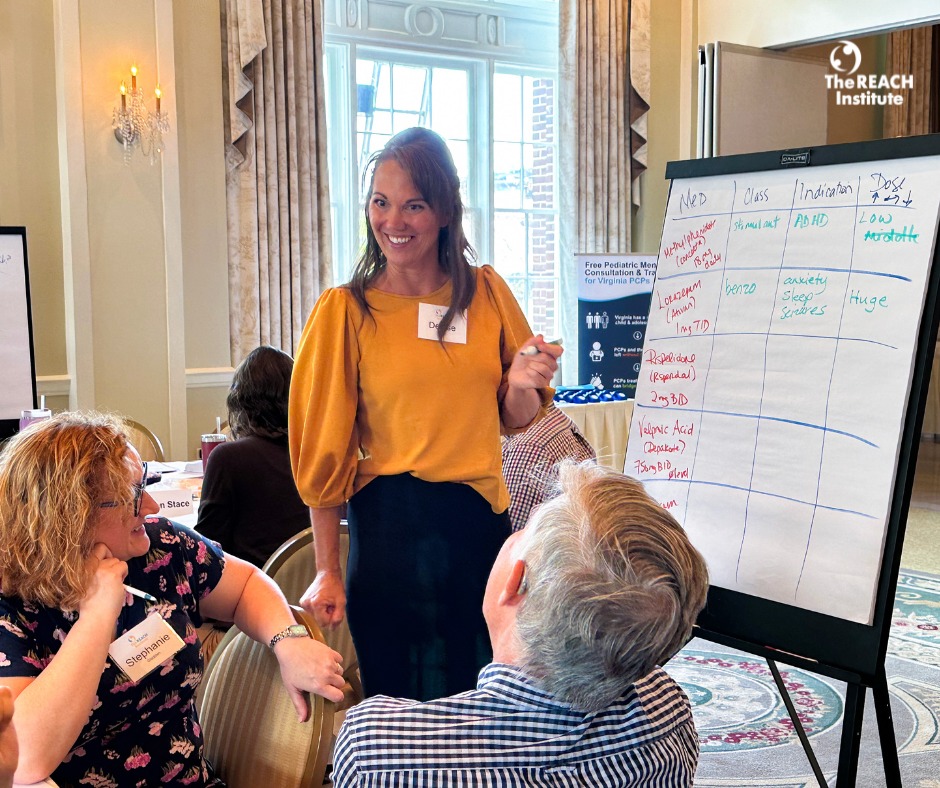Transformative Mental Health Training for Your Primary Care Team
Evidence-based, private training for hospitals, health systems, medical associations, community health centers, private clinics, residency programs, and more.
9,000+
Providers have been
trained by REACH
150+
Healthcare systems and
primary care networks have
trained with REACH
97%
of REACH-trained PCPs
have changed their
practices after training
9,000+
Providers have been trained by REACH
150+
Healthcare systems and primary care networks have trained with REACH
97%
of REACH-trained PCPs have changed their practices after training
The REACH Institute is dedicated to ensuring that the most effective, scientifically proven mental health care reaches all children and families.
Empower Your Primary Care Team to Help More Children Thrive Through Preventive Mental Health Care
Is your hospital system looking to enhance the delivery of mental health care and improve the mental health outcomes of patients? The REACH Institute training programs equip primary care teams with the skills and tools they need to confidently deliver evidence-based mental health care to children and families.
“It is great to be a part of a continuing medical education course with others within the same department. Change is always hard, but easier with teamwork.”
Jennifer Mullally, MD
Fargo, ND
“After sending three cohorts of PCPs from across Vermont to The REACH Institute’s signature PPP training, we have seen our PCP partners grow tremendously in their confidence with treating mental health conditions, including increased comfort in evidence-based suicide prevention.”
Ellen Arrowsmith, LICSW
VTCPAP Program Director
“Equipping primary care providers with this knowledge is very important in today’s landscape, where access to mental health resources is limited and the need continues to grow... By increasing access to mental health services into our primary care offices, we can make a big impact on the outcomes and futures of our patients.”
PEDIATRICIAN BASED IN OHIO
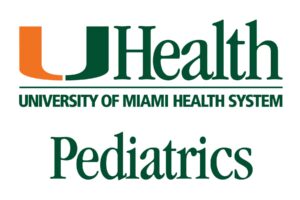
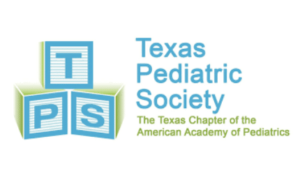
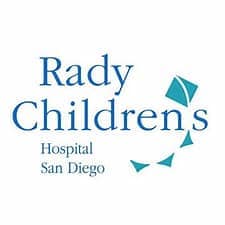

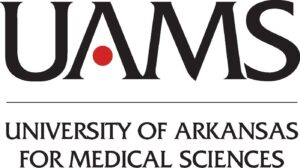
Subscribe Now
Receive updates, resources and insights to support your practice or health system.
Benefits of Group Training
- Increased access to timely, effective mental health care for children and families, delivered by trusted providers.
- Improved provider satisfaction as they are able to confidently support their patients with mental health concerns.
- More appropriate referrals, freeing up specialists to focus on children with more complex needs.
- Improved integration of mental health into primary care and increased collaboration across the care continuum.
Comprehensive Programs
3-day training, followed by 8 case-based, group learning calls
Patient-Centered Mental Health in Pediatric Primary Care (PPP)
Empowers PCPs with the skills and confidence to effectively diagnose and treat common children’s mental health conditions (ADHD, anxiety, depression, etc.), and trains them how to address less common but serious conditions, such as suicidality and psychosis.
Adult Behavioral Health in Primary Care (ABH)
Equips primary care providers serving adult patients with the skills to assess, diagnose, and/or treat multiple common mental health conditions. Topics covered include adult ADHD, anxiety, depression, psychosis, substance use, chronic pain, and opioid management.
Specialized Courses
1-day training, followed by 4 case-based, group learning calls
CBT for Anxiety in Pediatric Primary Care (CBT-A)
PCPs gain the skills to confidently diagnose anxiety disorders and learn how to use Cognitive Behavioral Therapy (CBT) techniques to support anxious child and adolescent patients–bridging the care gap for patients waiting to see a therapist.
CBT for Depression in Pediatric Primary Care (CBT-D)
Providers learn how to screen and assess for depression and suicide risk and how to use CBT techniques to support their patients suffering from depression.
Addressing Trauma in Pediatric Primary Care (ATIPP)
A one-of-a-kind course tailored for the primary care setting that trains PCPs how to detect and respond to pediatric traumatic stress using the Care Process Model.
Practical Behavior Management in Pediatric Primary Care (PBM)
Enables providers to understand and utilize best practices for the assessment of disruptive behavior disorders and implement effective behavior management strategies to support children and families.
Ready to learn more about how a REACH mental health program can help your practice or system?
Complete the form below, and we’ll reach out with details on program options, structure, and pricing to see if a REACH private course is the right fit for you.

